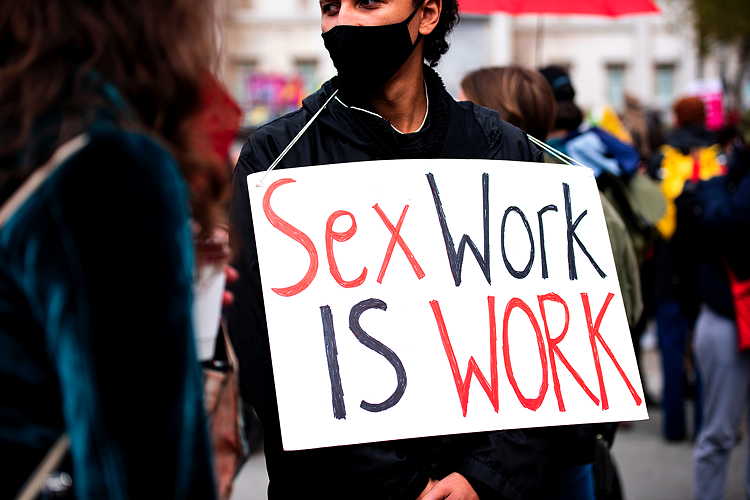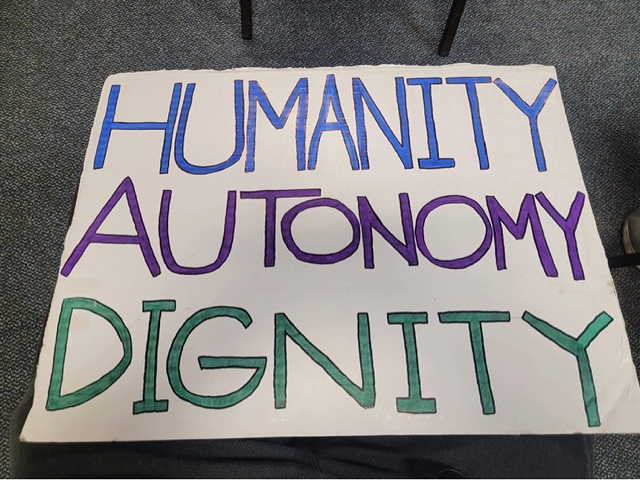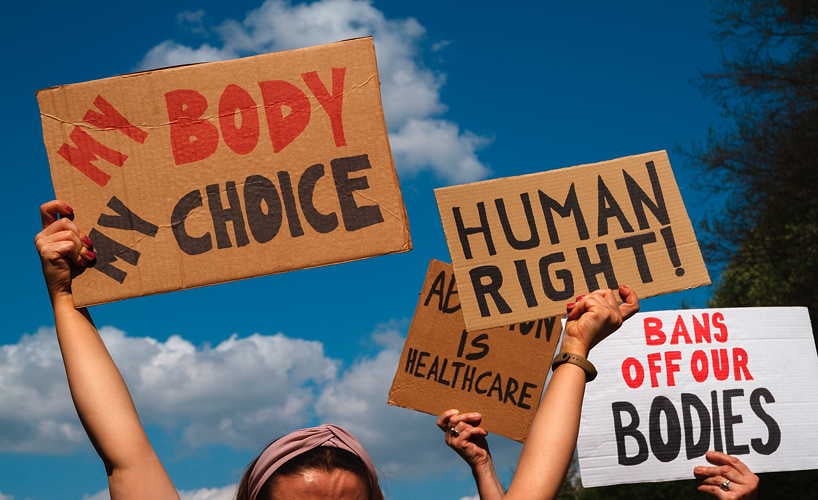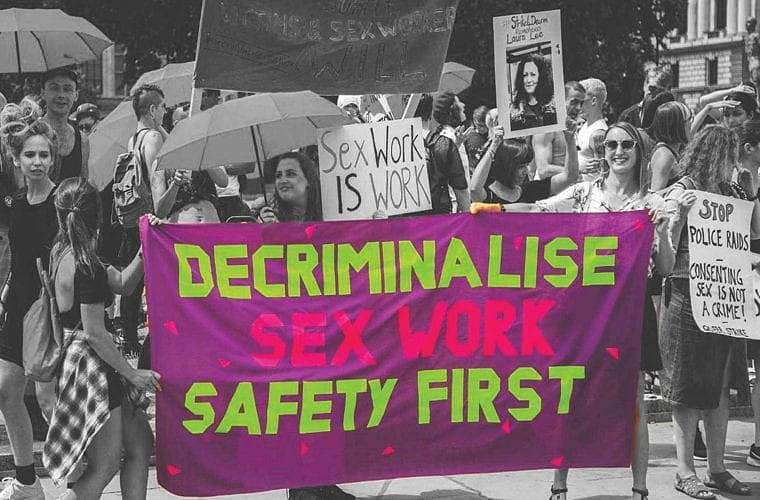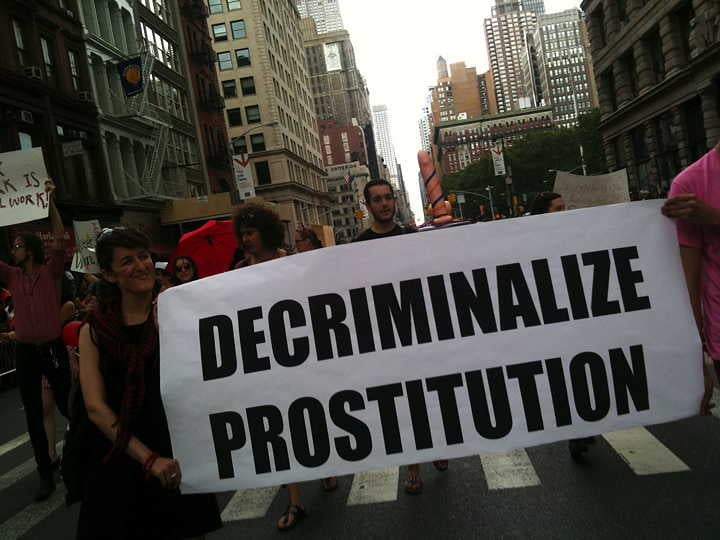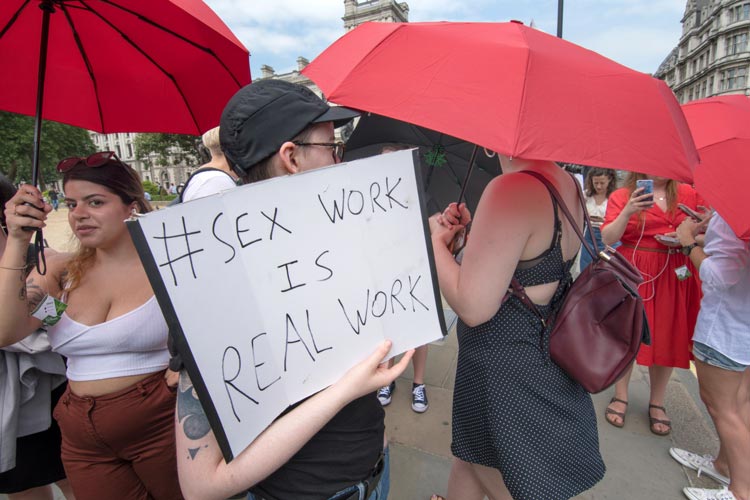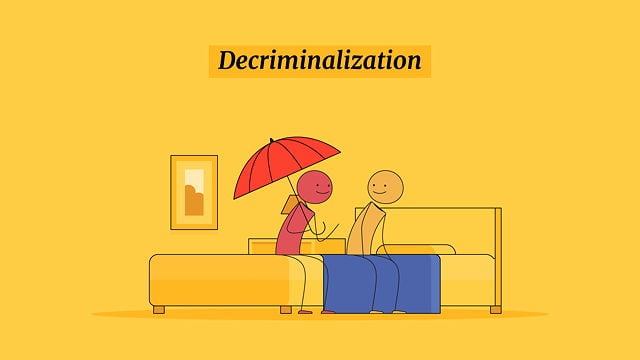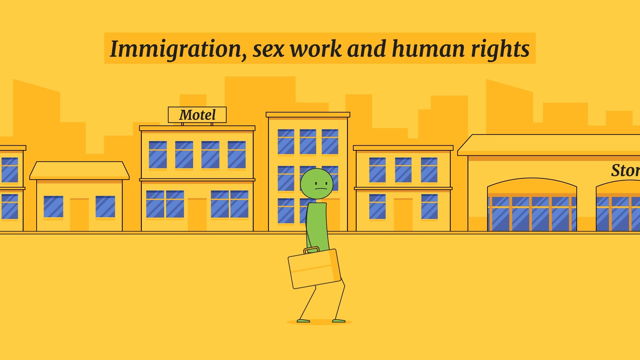DECRIMINALIZE SEX WORK
Decriminalize Sex Work (DSW) works to improve policies related to all forms of sex work and to end the prohibition of consensual adult prostitution in the United States. Evidence shows that decriminalizing sex work will help end human trafficking, improve public health, and promote community safety.
Our mission is to end the prohibition of consensual adult prostitution, and to improve policies relating to all forms of sex work.
Decriminalizing Sex Work News
Day 2 of 2024 AVN Show Brings Joy to Many
Human Trafficking Prevention Needs A Public Health Approach | Forbes
Decriminalize Sex Work’s Briefing Papers
DSW produced these meticulously researched briefing papers with accompanying short videos to efficiently explain the most salient reasons to decriminalize consensual adult prostitution and to improve policies related to all forms of sex work. These briefing papers cover specific topics including Why Decriminalizing Sex Work Is Good Criminal Justice Policy, Human Trafficking and Sex Work, and Debunking the Entrapment/Equality Model amongst others.
Unequivocal and ample evidence from around the world shows that decriminalizing sex work will help end human trafficking, improve public health, promote community safety, and protect civil liberties. We hope you will use these papers and short videos as resources to help legislators and the general public understand the urgent and critical need to decriminalize consensual adult sex work.
Organizations Endorsing Decriminalization
